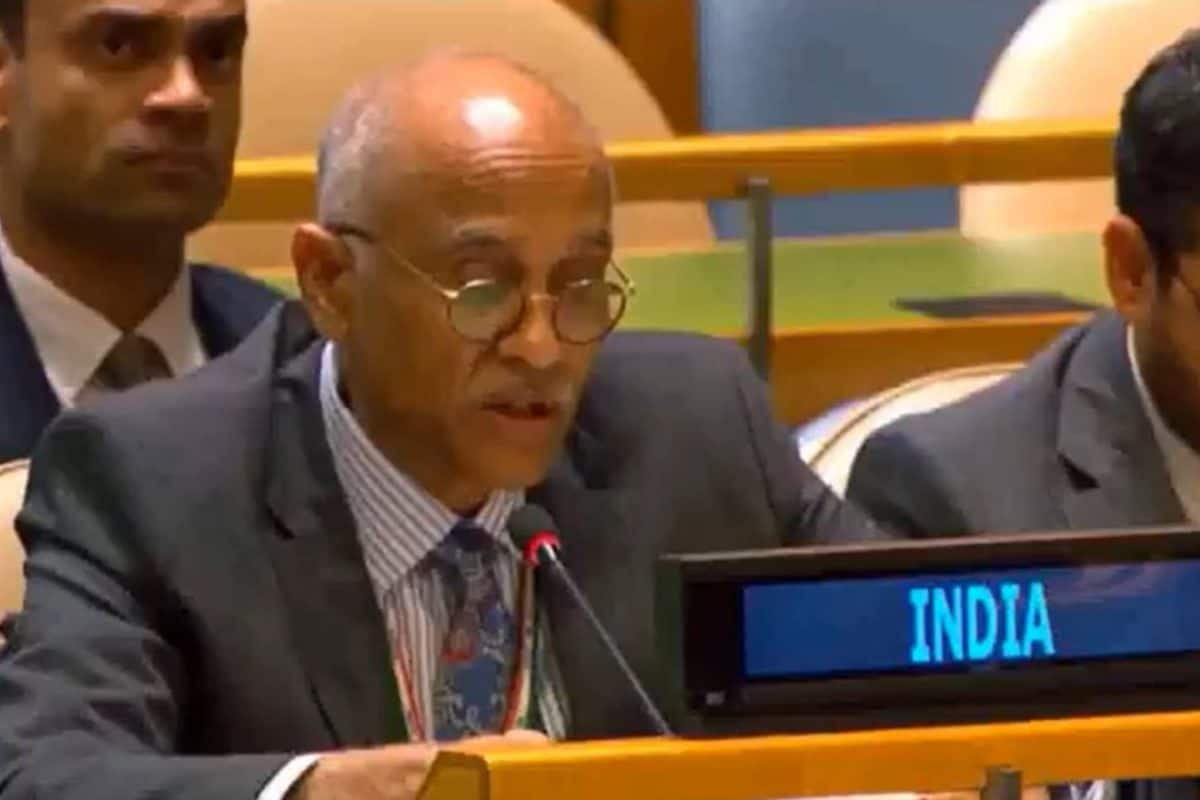

India has called on the international community to ensure that Afghanistan is not exploited by UN-designated terrorist groups, including Lashkar-e-Tayyiba and Jaish-e-Mohammed, for carrying out terrorist activities. This statement was made at the UN General Assembly (UNGA) by India's Permanent Representative, Ambassador Parvathaneni Harish. India's stance reflects its ongoing concerns regarding the security situation in Afghanistan and the potential for terrorist organizations to use Afghan territory to launch attacks.
India has a longstanding friendship and special relationship with the Afghan people, guiding its approach to the country. India's immediate priorities in Afghanistan include providing humanitarian assistance and implementing capacity-building initiatives.
Ambassador Harish emphasized the need for coordinated international efforts to prevent UN-designated entities and individuals, including Al Qaeda and its affiliates, ISIL and its affiliates, Lashkar-e-Tayyiba, and Jaish-e-Mohammed, along with their regional sponsors, from exploiting Afghan territory for terrorist activities. He referenced Pakistan in this regard. This concern was also voiced in 2021 by India's Prime Minister Narendra Modi, who stated at the UNGA that Afghanistan should not be used to spread terrorism. Modi also cautioned against any nation misusing the situation in Afghanistan for their own selfish motives.
India's External Affairs Minister Dr. S. Jaishankar recently spoke with the Acting Foreign Minister of Afghanistan. India welcomed the strong condemnation of the Pahalgam terrorist attack on April 22, 2025, by the Afghan side.
While remaining committed to continued engagement with all relevant stakeholders and broadly supporting the international community's efforts towards a stable, peaceful, and prosperous Afghanistan, India abstained from voting on the UNGA resolution on the situation in Afghanistan. Ambassador Harish explained that India believes a "business as usual" approach, without new and targeted initiatives, is unlikely to deliver the outcomes the international community envisions for the Afghan people. He argued that any coherent policy to address a post-conflict situation must incentivize positive behavior and disincentivize harmful actions and that an approach focused only on punitive measures is unlikely to succeed.